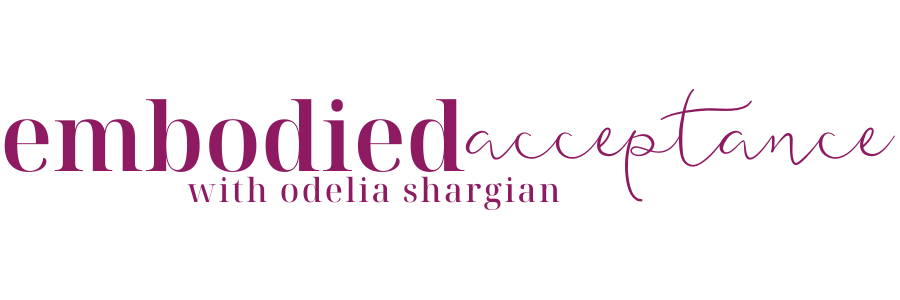The Right Time for Forgiveness
This Yom Kippur I decided that the best way to contemplate forgiveness is to start with self-forgiveness and to recommit to becoming my own best ally.
This commitment has been largely influenced by the book Complex PTSD, From Surviving to Thriving by Pete Walker which I’m currently reading. I really recommend it for anyone who is in their healing from early trauma journey, trauma which is not necessarily a result of war or any one big life event, but rather a result of ongoing, everyday neglect.
I particularly recommend reading the part that talks about the 13 steps to managing emotional flashbacks which are “disturbing regressions to the overwhelming feeling-states of your childhood abandonment”.
Part of my commitment to become my own best ally is a decision to become aware every time the inner critic is operating and decide to resist its message. I’m noticing that the more determined I am, the more the inner critic wants to pop its head and the more real its messages seem.
I know that the reason why it’s so hard to notice the inner critic and battle its message is because it has become such an integral part of me, that I bonded with it out of a need to survive in an environment in which this was the only way to get by.
It can feel daunting to engage in this disengagement battle because whenever I fail the inner critic can sneakily make sure to point out my failure and also because sometimes the work can feel so pointless and endless, just like it felt back then in the midst of the struggle.
As I’m working to untangle this inhibitting inner representation of my caregivers from my true self, I’m reassured by a few things that do seem to work: these all have to do with including the body in the healing process. The first thing is allowing the feelings of grief, anger and fear to physically move through my body as I’m noticing all of the places of lack.
Sometimes in order for these feelings to become available, I have to go through fully embodying the energy of the inner critic which is usually an energy of assault. This is done by acting however this energy would act with my body, my voice, my expressions, my words and my movement. I’m always surprised how immediate of an effect this work has.
I find that stepping outside of my usual self for a moment, talking as the victimizer and realizing how acting this way would benefit me (as the victimizer), usually giving me a tremendous sense of power, loosens things enough to get me laughing and releases the tension that I’ve been holding in my body in a way that grounds me and gives me more clarity. I find that only after I get to try this energy full on, without fighting it, I can really let it go, even if it’s just until the next time it shows up which takes longer and longer every time.
I hope you find this inspires you to engage in your own embodied self-forgiveness journey. Feel free to write back if you find this useful and if you have any thoughts about other things that work for you.

